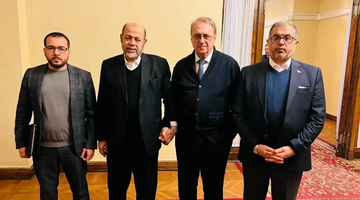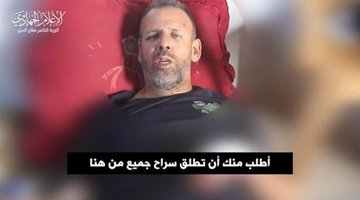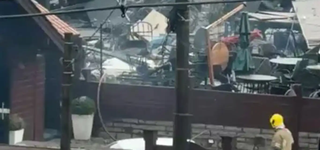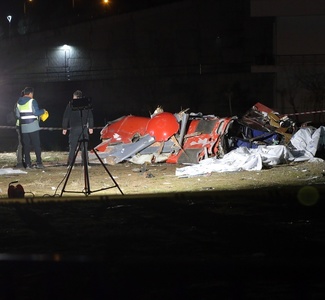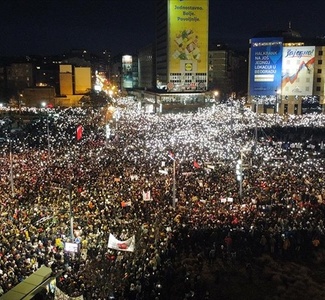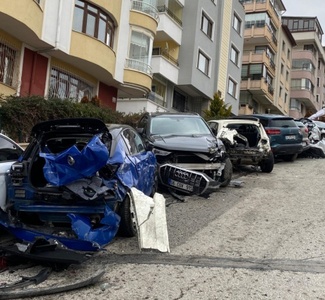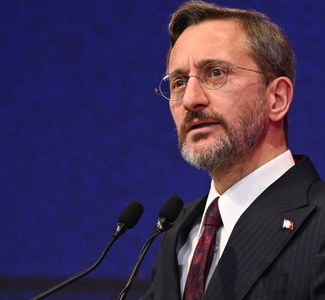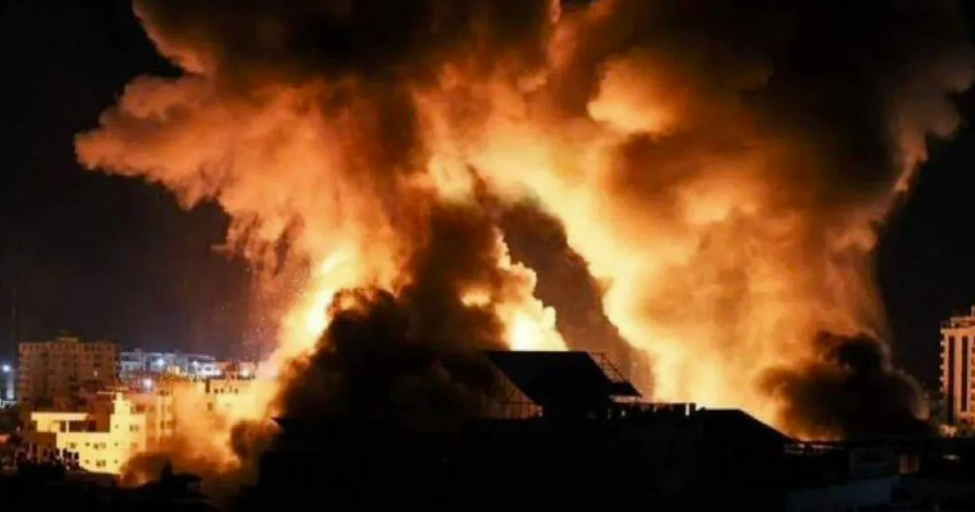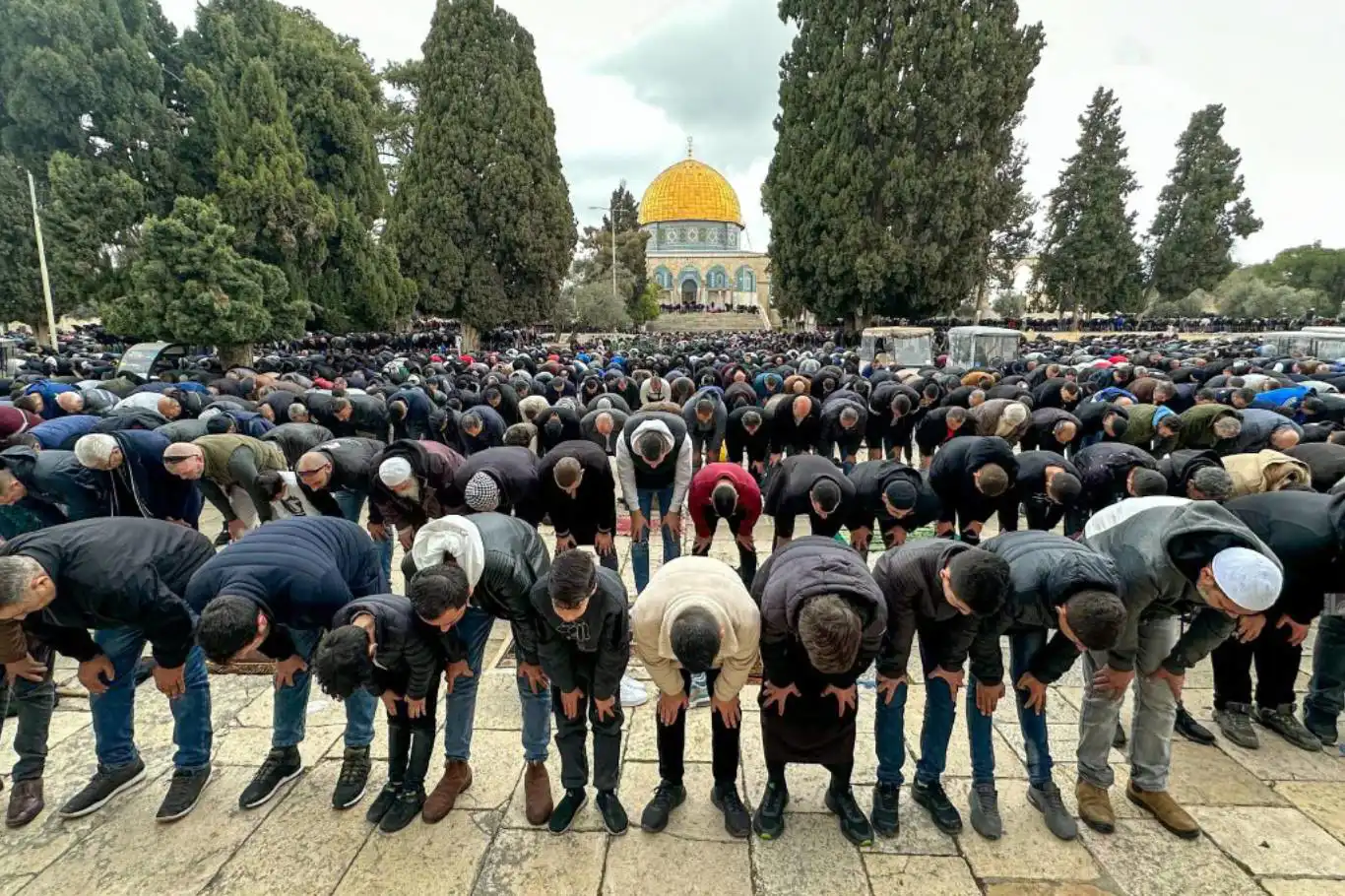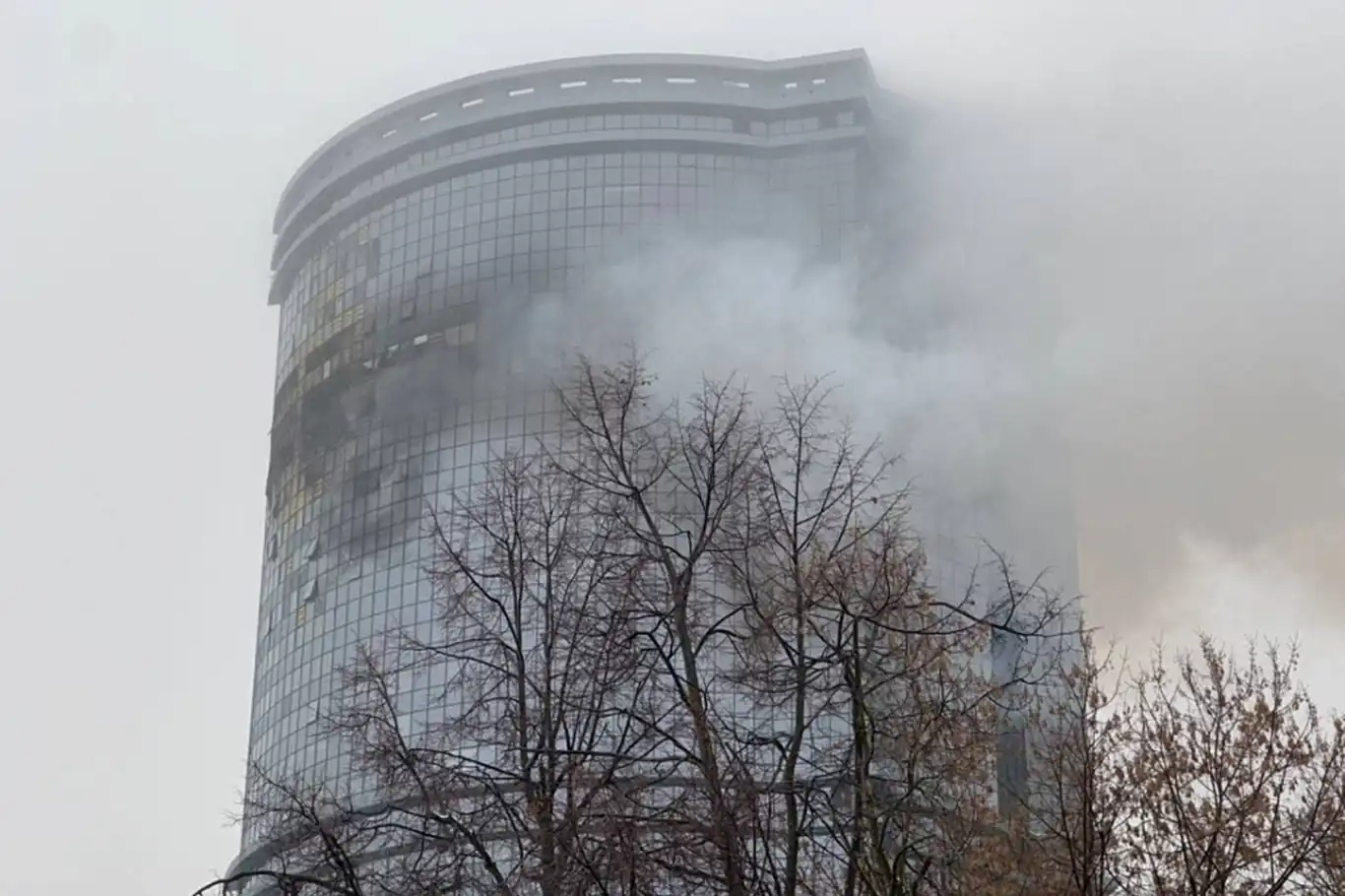Pakistan resumes full diplomatic relations with Iran
In the aftermath of an emergency meeting of Pakistan's National Security Committee, the country's cabinet members have concurred with the final decision made by political and military leaders to fully restore diplomatic relations with Iran.
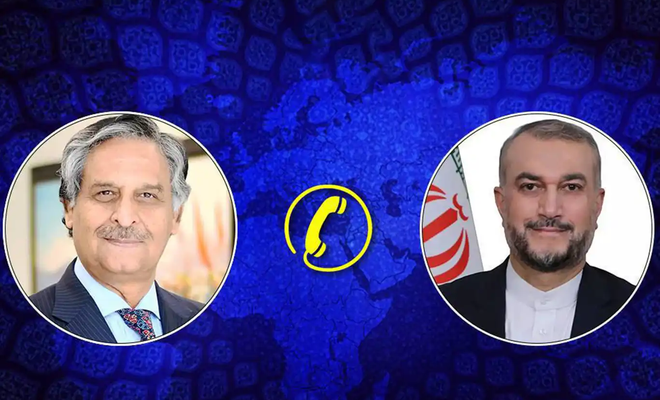
 Google News'te Doğruhaber'e abone olun.
Google News'te Doğruhaber'e abone olun. The National Security Committee, chaired by Pakistan's caretaker Prime Minister Anwar ul-Haq Kakar, convened in Islamabad to discuss the diplomatic stance. As a result, Pakistan has officially reinstated full diplomatic relations with Iran, with plans to send ambassadors to each other's capitals in the near future.
The Ministry of Foreign Affairs in Pakistan reported that the foreign ministers of both countries engaged in a telephone conversation, addressing the return of ambassadors to their respective capitals. During the call, Jalil Abbas Jilani and Hossein Amir-Abdollahian highlighted the importance of reinforcing cooperation at the working level, particularly in counter-terrorism efforts and other mutual concerns.
The foreign ministers mutually agreed to de-escalate tensions and underscored the significance of respecting territorial integrity and sovereignty as the foundation for bilateral cooperation. Jilani, expressing the close and brotherly relations between Pakistan and Iran, conveyed Islamabad's commitment to collaborative efforts with Tehran based on trust and mutual cooperation.
Pakistan and Iran have both conducted strikes on each other's territories in an unprecedented escalation of hostilities between the neighbors, at a time when tensions have risen sharply across the Middle East and beyond.
The two countries share a volatile border, stretching about 900 kilometers (560 miles), with Pakistan’s Balochistan province on one side and Iran’s Sistan and Baluchestan province on the other.
Both nations have long fought militants in the restive Baloch region along the border. But while the two countries share a common separatist enemy, it is highly unusual for either side to attack militants on each other’s soil¹.
The opening salvo in this fast-moving sequence of events began when Iran conducted strikes on Pakistan’s Balochistan province – killing two children and wounding several others, according to Pakistani authorities.
Iran claimed it had “only targeted Iranian terrorists on the soil of Pakistan” and that no Pakistani nationals were targeted¹. But the attack sparked anger in Pakistan, which called the strike “an egregious violation of international law and the spirit of bilateral relations between Pakistan and Iran”.
Pakistan retaliated by carrying out a series of deadly military strikes on what it said were separatist militant hideouts inside Iran. (ILKHA)




























